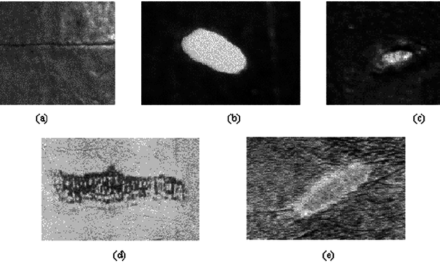The Indian government has taken several measures to reduce the leather industry’s dependence on imports, including:
- Promoting domestic production: The government has implemented various schemes and initiatives to encourage domestic production of raw materials and components used in the leather industry. This includes providing subsidies and incentives to farmers and businesses involved in animal husbandry, leather processing, and manufacturing.
- Imposing import duties: The government has imposed import duties on certain raw materials and components used in the leather industry, making imports less attractive and encouraging domestic production.
- Supporting research and development: The government has invested in research and development to improve the quality and efficiency of leather production processes in India. This includes supporting the development of new technologies and techniques for leather processing and manufacturing.
- Developing infrastructure: The government has invested in infrastructure development to improve the connectivity and accessibility of leather production hubs across the country. This includes building roads, railways, and ports to facilitate the movement of raw materials and finished products.
- Promoting exports: The government has taken steps to promote the export of Indian leather products to global markets. 1 This includes providing financial assistance to exporters, organizing trade fairs and exhibitions, and negotiating free trade agreements with other countries.
These measures have helped to reduce the leather industry’s dependence on imports and promote domestic production, leading to increased employment, economic growth, and self-reliance in the sector.







